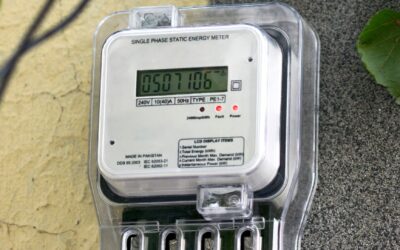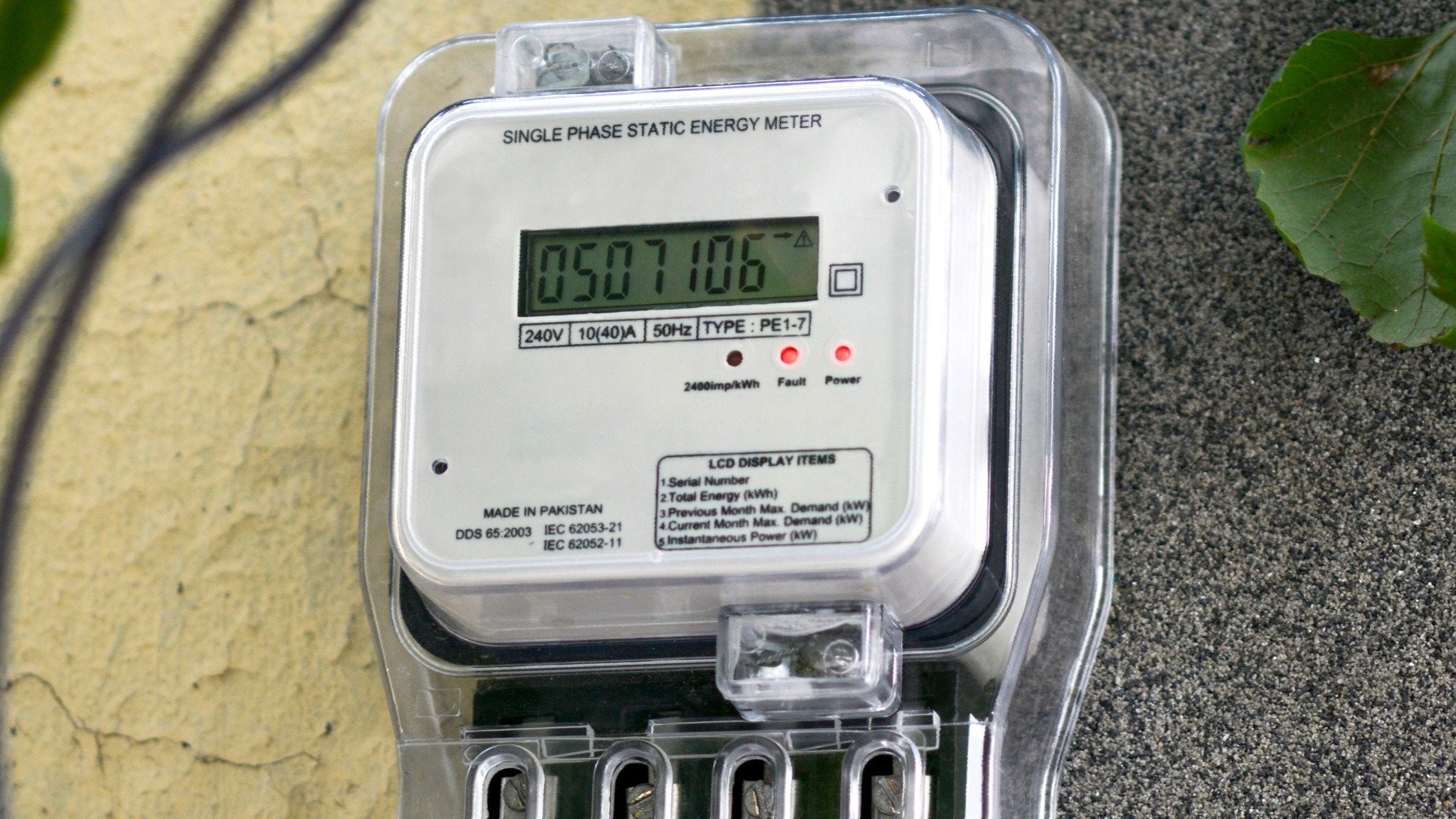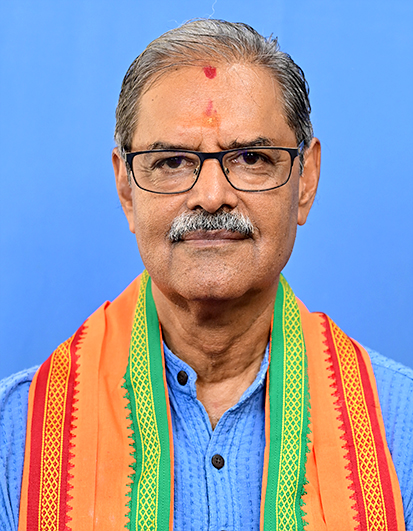Odisha Gears Up for EV Policy 2.0 to Boost Clean Mobility and Green Growth

High-level consultation focuses on incentives, charging infrastructure, and inter-departmental synergy for sustainable transport transformation
Bhubaneswar : In a decisive move to accelerate the shift toward electric mobility, the Odisha Commerce and Transport Department convened a high-level stakeholder consultation to discuss and refine the proposed amendments to the Odisha Electric Vehicle Policy. The initiative aims to build a more inclusive, financially sustainable, and innovation-driven framework under the upcoming Odisha EV Policy 2.0.
The meeting, chaired by Usha Padhee, Principal Secretary of the Commerce and Transport Department, brought together key officials, policy experts, and representatives from multiple departments to deliberate on strategic steps needed to strengthen the state’s EV ecosystem. The discussions focused on aligning Odisha’s clean mobility vision with national climate goals and the state’s broader “Viksit Odisha @2036” roadmap for sustainable development.
Participants included Transport Commissioner Amitav Thakur, OSRTC CMD N.B.P.S. Rajput, and CRUT Managing Director Sanjaya Biswal, alongside senior officers from the Housing and Urban Development, Energy, Finance, and Skill Development and Technical Education departments. The collaborative discussions aimed to create a comprehensive blueprint for EV promotion that is both practical and scalable.
Key deliberations during the session revolved around expanding purchase incentives to make electric vehicles more affordable and accessible to the public. The officials also examined measures to promote vehicle retrofitment and scrappage programmes to encourage replacement of older, polluting vehicles with electric alternatives. Another major focus area was the expansion of charging infrastructure, which is expected to grow in coordination with the central government’s PM E-DRIVE Scheme.
To ensure long-term financial stability, participants explored the creation of a dedicated “State EV Fund,” which would channel resources into infrastructure development, research, skill-building, and awareness campaigns. This fund, officials said, would play a pivotal role in sustaining the state’s EV ecosystem and encouraging private sector participation.
Usha Padhee highlighted the importance of inter-departmental collaboration and public-private partnerships in achieving Odisha’s green mobility goals. “Capacity building and policy alignment are essential for a seamless, inclusive shift to electric mobility. We must focus on strengthening institutional readiness and empowering local stakeholders,” she said.
She further stressed that a coordinated approach between transport, energy, urban development, and finance departments would be key to overcoming policy bottlenecks and achieving timely implementation. “The electric mobility revolution is not just about technology; it’s about people, policy, and preparedness,” Padhee added.
The Odisha EV Policy 2.0 seeks to accelerate EV adoption by offering a robust mix of fiscal incentives, infrastructure support, and ecosystem development measures. It will also promote local manufacturing of EV components, battery recycling units, and research hubs — thereby contributing to green job creation and economic diversification.
With Odisha’s major cities such as Bhubaneswar, Cuttack, and Rourkela emerging as early adopters of sustainable transport, the revised policy is expected to create an enabling environment for startups, fleet operators, and charging service providers. Officials noted that the new framework will also encourage small and medium enterprises to participate in the EV supply chain, expanding the state’s industrial base.
The consultation marks a crucial milestone in Odisha’s mission to position itself as a frontrunner in India’s clean mobility revolution. Once finalised, the EV Policy 2.0 is expected to serve as a transformative roadmap, combining environmental responsibility with economic opportunity.
As the state moves closer to finalising the new policy framework, it signals a future where electric vehicles become an integral part of Odisha’s transport landscape — reducing emissions, improving air quality, and driving sustainable growth across sectors.








